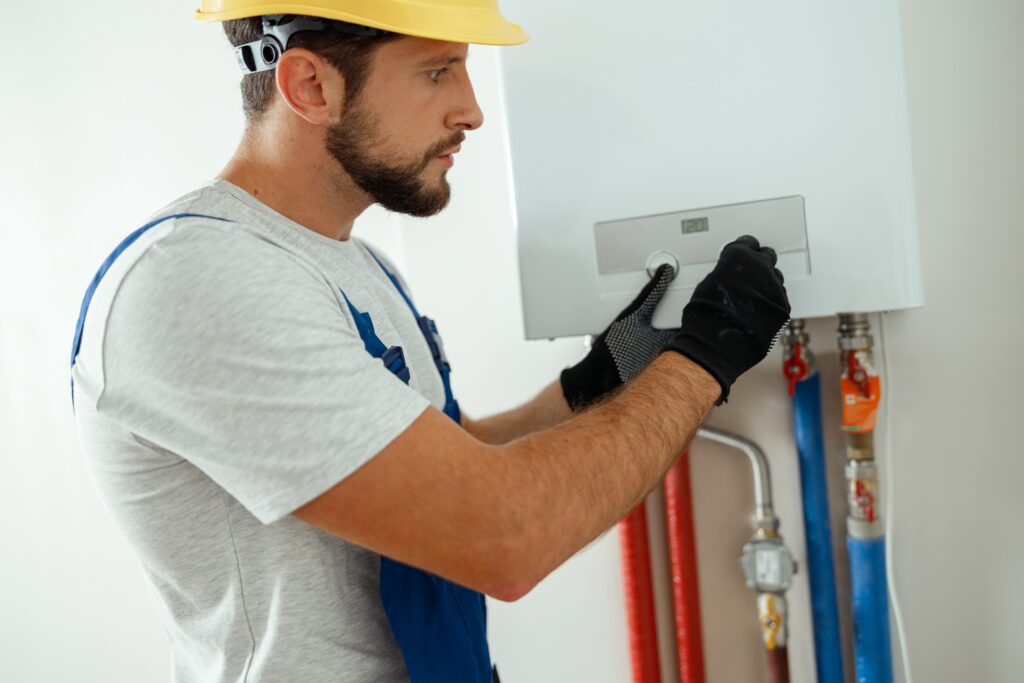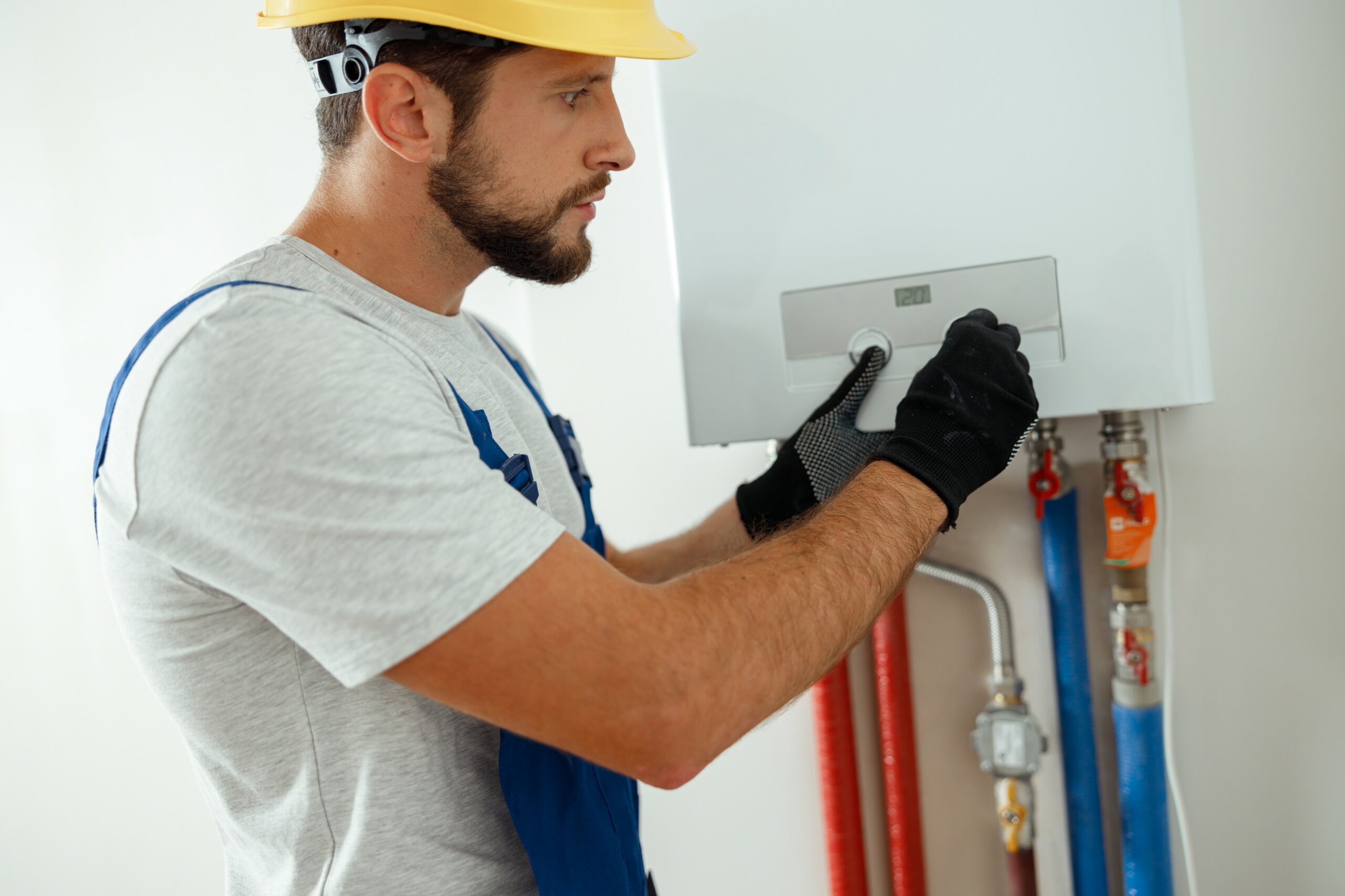Prevent heat loss – With living costs rising, families are becoming more scared to put the heating on and are becoming more aware of the amount of electricity running through their homes. One way to save money on your utility bills is to ensure that your pipes and radiators are properly insulated.
Insulating your boiler pipes can reduce heat loss, prevent pipe freezing, eliminate sweating and protect your staff. This does not need to be done in every room though – it’s important to consider which rooms are actually in need of proper insulation. Try to concentrate on the pipes in your boiler and mechanical rooms (for safety), any humid areas like your bathrooms and kitchens (to prevent sweating), and the colder areas of your building (to prevent freezing).

What is heat loss?
In colder weather, your pipes can get colder quicker than usual. With the right pipe insulation, your pipes will stay warmer for longer – meaning less energy taken to heat up the water in your pipes and less money spent on energy bills. Insulating your radiator with a reflective panel will also stop all your heating from disappearing through your external walls and reflect all that hot air back into the room.
What is pipe sweating?
When your pipes get hot, evaporation can gather on the outside surface of your pipes. As this steam cools and returns to water – this is called sweating. Although this may not seem like an issue in the short term, sweating can result in corrosion that will get bigger over time, causing leaks, pipe damage and possible expensive repairs.
What is pipe freezing?
Any pipes going back to the boiler could be susceptible to freezing, especially in cold areas of your building. It’s unlikely in a domestic home, however, if this is something that happens it could result in burst pipes and water damage. Proper pipe insulation can keep the pipes warm to prevent freezing.
How will it protect my staff?
Any staff that work in your boiler room could be burnt or injured, resulting in claims made against you, possible lawsuits, and most importantly, valuable work time lost. It’s important to have your pipes covered to prevent these issues as well as saving you money on your energy bills.
What type of insulation should I use?
There are a few insulation options to choose from depending on where the covering is needed and if your building is domestic or commercial.
- Foam insulation – easy to install but cannot withstand high temperatures so is better used along cold walls or under sinks.
- Mineral fibre insulation – commonly used in commercial boiler rooms due to its high temperature capacity. Can be used outdoors and provides insulation in large buildings and commercial properties.
- Nitrile foam rubber insulation – can be used to prevent both heat loss and sweating. Depending on the model, they can be easy to apply. Good for higher temperatures and can be used outside.
- EPDM foam rubber insulation – built-in UV protection for outdoor applications and medium to high temperatures.
- Phenolic foam insulation – typically more expensive as it must be professionally installed. Mostly seen in industrial and large-scale residential settings.
Radiator reflective panels are also a low-cost option to reflect heat back into your home. These panels are fixed behind your radiators to stop the heat from escaping through your external walls.
If you have any further questions on how to save money on your energy bills, contact us or send us a message with any queries you may have and we’ll do our best to help. https://brheatingltd.co.uk/contact-b-r-heating/









